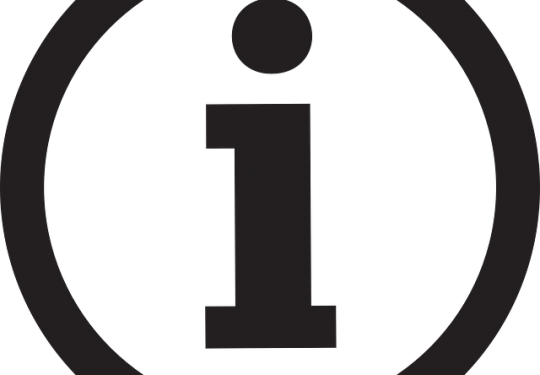On the 12th of August an op-ed written by Arnold Merkies (Tax Justice NL), Lotte Rooijendijk (Transparency International Netherlands) and Tom Kunzler (Open State Foundation) appeared in the Dutch national newspaper Trouw.
Summary
The Dutch task of tracking down and preventing fraud is a huge task. The Dutch minister has launched a plan of action to combat money-laundering, but at the same time the Dutch government prevents effective access to the UBO-register. This register holds all ultimate beneficiaries of a company that own more than 20% of the shares. All European Union member states have to have such a public register in January 2020 to help prevent fraud, corruption, money-laundering and terrorism.
The Dutch government however chooses to charge money for accessing the UBO-register. It is only possible to search the register for company-names, not names of persons. The register is also not available for data-analysis. This makes the register hard to access for NGOs or journalists that investigate crime. In other parts of the world we see that countries like the United Kingdom and Denmark have chosen to make a really open UBO-register available, because they see the added value of society helping to track down crime. Tax Justice NL, Transparency International Netherlands and Open State Foundation suggest that the Dutch government also realizes such an open UBO-register to really combat fraud, because governments, notaries and banks cannot do it alone.
